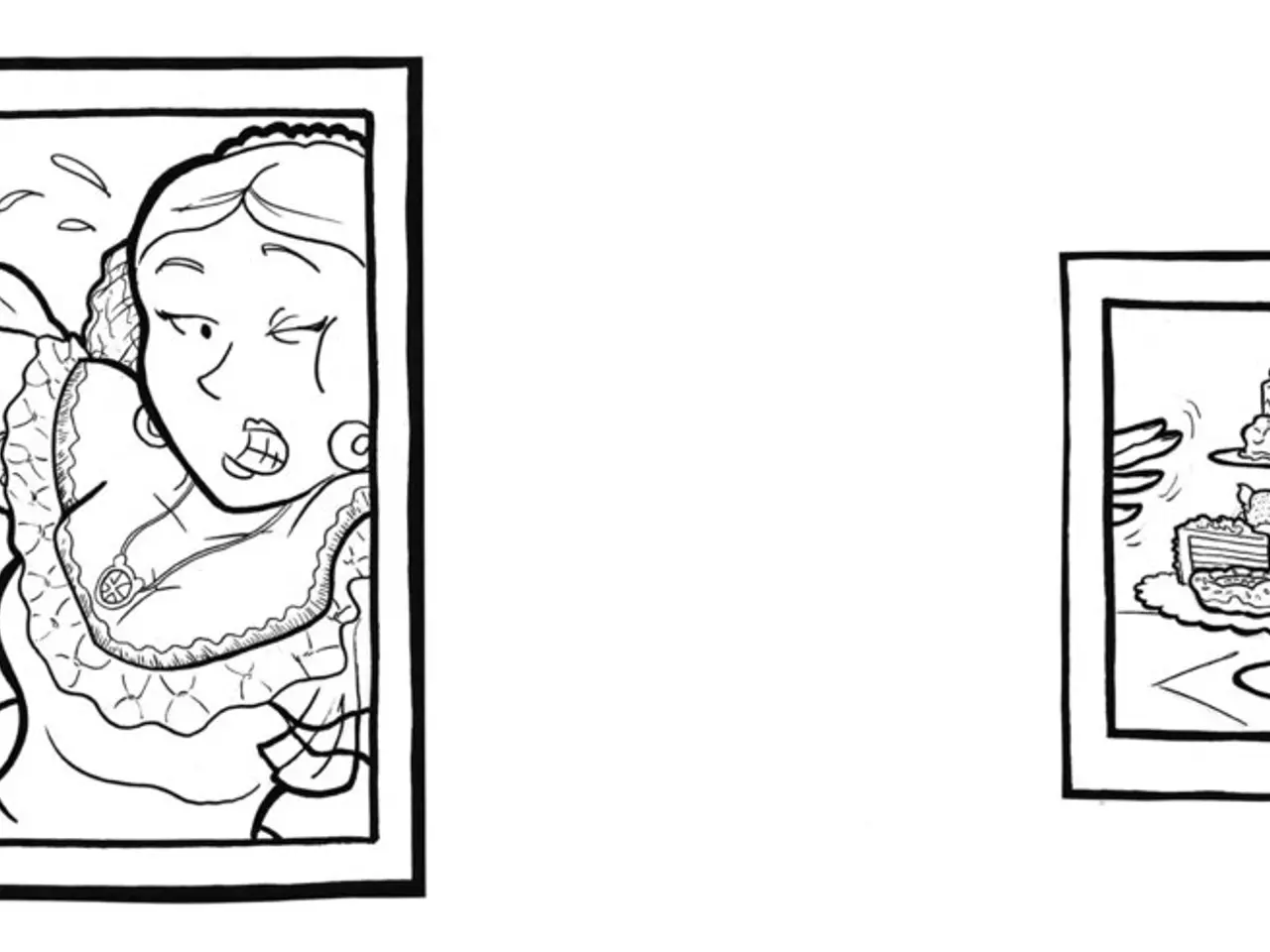Female Influence on Human Evolution via Food Preparation
In the heart of hunter-gatherer societies, women and children have played a pivotal role in ensuring the group's survival. Their contributions to food processing, gathering, and preparation have significantly influenced human evolution and dietary adaptations.
During the rainy season, women and children in societies like the Pumé of South America forage almost exclusively for roots, which become plump in the flooded areas. The Pumé rely on these underground tubers as a primary source of food, with women and children processing them to neutralize their bitterness. The processed tubers are then shared across hearths, helping to satisfy hunger for another day.
In many societies, women and children collect the water and firewood essential for food processing, while children also participate in group hunting techniques. This role is crucial, as the food-processing activities performed by women and children are often linked with the preparation of gathered resources for consumption or storage.
The food-processing revolution, including the pounding, cooking, mashing done by women, opened humans to a diversity of foods that allowed us to thrive in all of the world's environments. This diversity is evident in contemporary societies, such as the Hadzabe of Tanzania, where women and children gather various plant foods like berries, baobab fruit, tubers, and honey, sustaining their community's diet.
Archaeological evidence suggests that the substantial debris around ancient hearths is likely the byproduct of women’s food-processing work, such as cooking and tool-making. This historical significance can be traced back to the earliest identifiable hearths, which date to about 300,000-400,000 years ago. During this time, women spent significantly more time than men by the hearth, processing food, cooking, and making the tools to do so.
In modern times, women and children in hunter-gatherer societies typically spend about 20 percent of daylight hours, or about three hours a day, processing food. This includes activities like berry picking, which required a large female labor corps to harvest and process the berries quickly after they ripened and before birds or other scavengers got to them.
Women also manufacture and fix many of the tools used in their work, demonstrating their versatility and indispensable role in these societies. As we continue to learn about the past and present of hunter-gatherer societies, it becomes clear that the contributions of women and children are vital to our understanding of human evolution and adaptability.
References: 1. Walker, B. (2012). The Secret Life of the Savannah. National Geographic. 2. Wrangham, R. W., & Peterson, D. (2009). Demonic Males: Apes and the Origins of Human Violence. Farrar, Straus and Giroux. 3. Lee, R. B., & DeVore, I. (1968). Man the Hunter. Aldine Transaction. 4. Hill, K. (2011). The Hunters: The Story of the Hadza of Tanzania. University of California Press.
- The pivotal role of women and children in hunter-gatherer societies extends to health-and-wellness, as they gather and process food essential for survival.
- In contemporary societies like the Hadzabe of Tanzania, women and children still collect and process diverse plant foods, contributing significantly to nutrition and womens-health.
- The field of education-and-self-development can draw insights from the historical contributions of women in food processing, showcasing the importance of personal-growth and learning in these societies.
- The fitness-and-exercise levels of women and children in these societies are high, as they spend considerable time collecting water, firewood, and hunting, demonstrating their adaptability and resilience.
- Parenting is an integral part of life in hunter-gatherer societies, with women and children working together as a team, teaching skills necessary for survival and passing down knowledge about their environment and sports.




